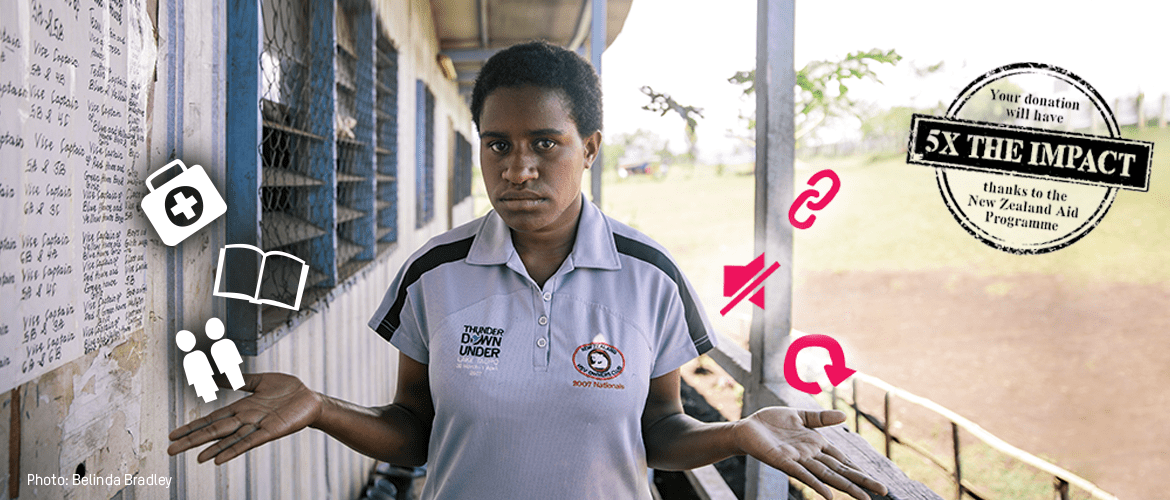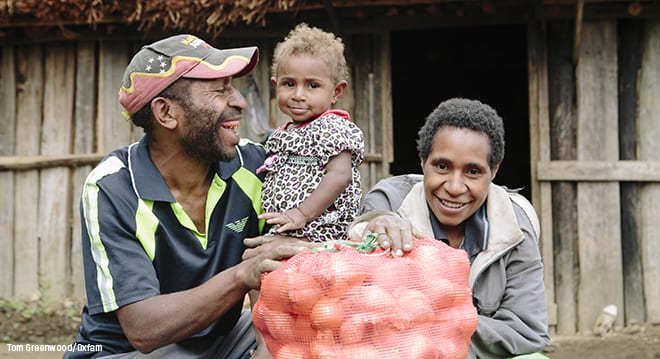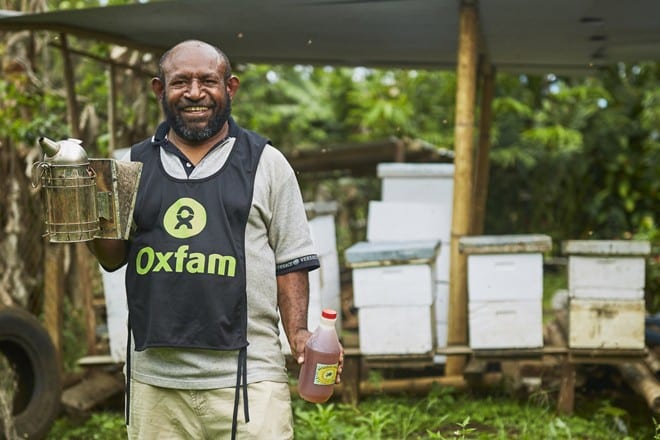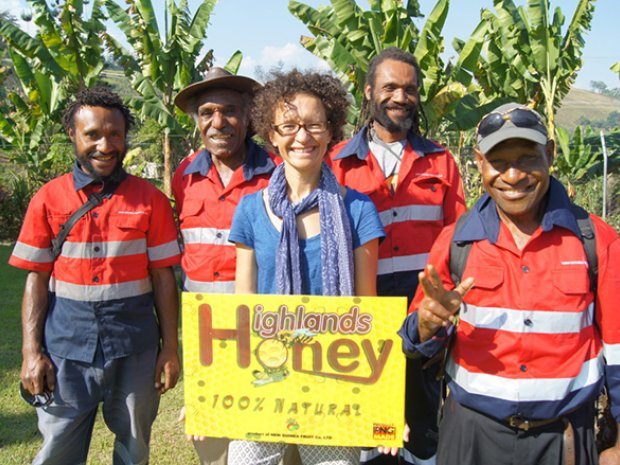
You can Help Senzie finish her education, and have the chance of a better future.
“I would like to finish my education, go to work like other people do. I want to become a journalist and to travel around the world” – Senzie, 15 years old.
As a female student living in a rural community in the Eastern Highlands of Papua New Guinea, life is uncertain. Despite Senzie’s ambition, she faces a massive challenge to complete her education. Every month, Senzie struggles to manage her period without basic resources like pads or tampons and is hampered by cultural taboos around the subject. Place yourself in her shoes. If you missed a week of school every single month, would you have been able to complete your education?
“Sometimes when we girls have periods, we stay at home. Because there’s no safe place for us to dispose our rubbish or change.” – Senzie.
A young girl should not be restricted or held back by her period.
You can help to empower Senzie – and girls just like her – to hygienically and safely manage their periods and ensure they receive an education. For Senzie, an education equals the chance to escape poverty and have a better future.
5 TIMES THE IMPACT: Donate today and your donation will have five times the impact thanks to the New Zealand Aid Programme.
“With your help and support we can give the children a better education. We can provide for the educational needs of both the boys and the girls” – Mr Kaupa, school principal, Papua New Guinea
Here’s how you can empower Senzie to have a better future:
Your donation will see you become a part of Oxfam’s four-year FLOW programme. Along with other generous donors, you will reach 12 rural communities and impact 30,000 people. You will help to provide:
• Reusable pads for school girls. (Made by locals for locals, creating jobs and income)
• Safe, gender-separated toilets.
• Menstruation, hygiene and sanitation training to communities.
• High-quality, long-term sustainable water supplies and sanitation infrastructure in 12 schools and eight health centers.






